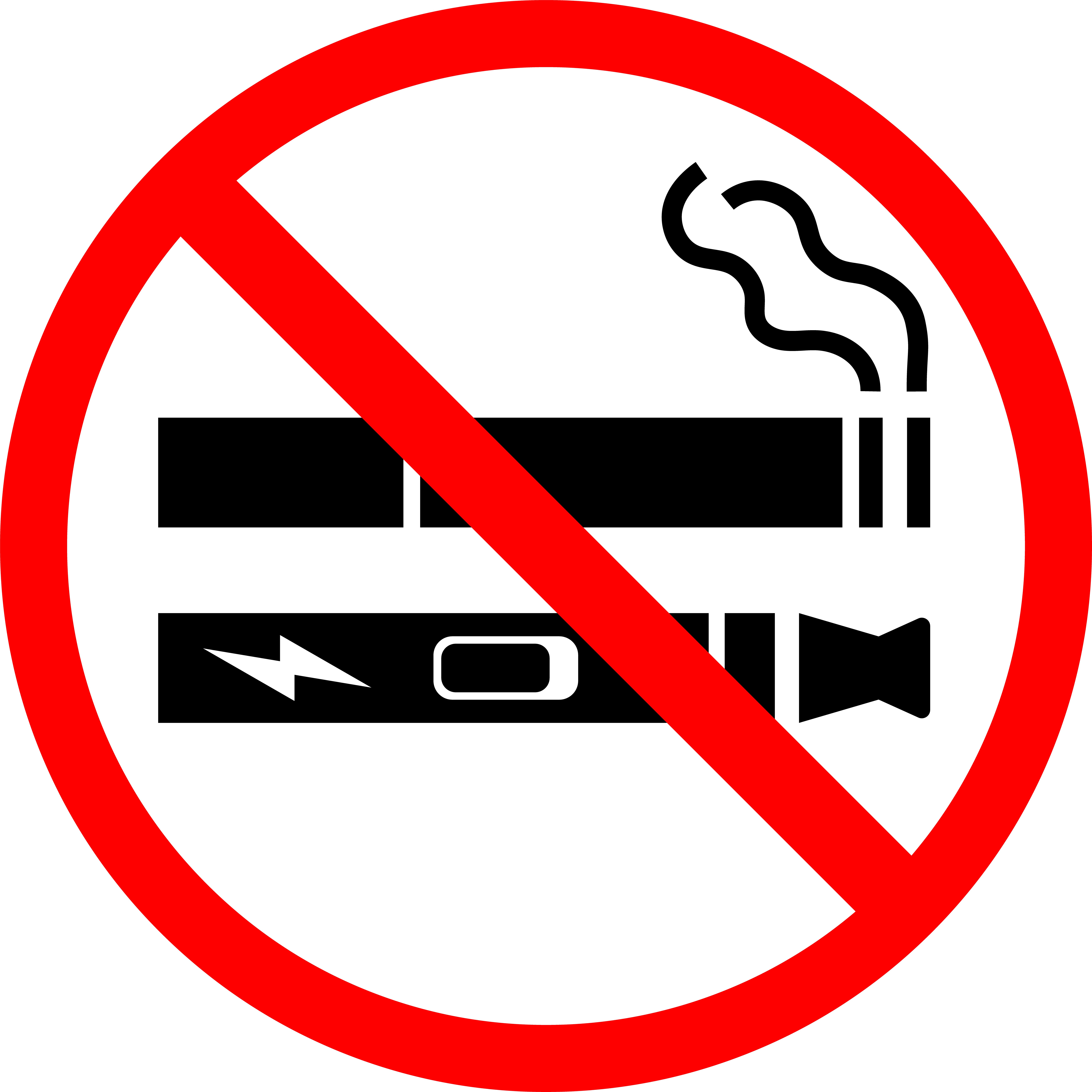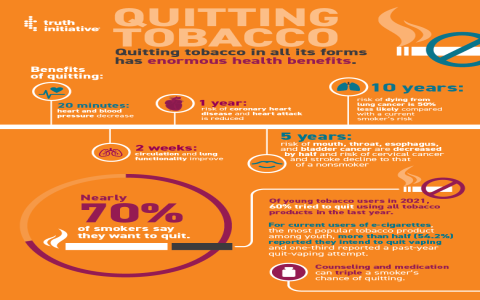The American Cancer Society (ACS) emphasizes avoiding all tobacco products, including electronic cigarettes (e-cigarettes), for optimal health. Here’s their key advice and essential information:
Core Recommendation
Avoid all tobacco products, including e-cigarettes. The safest choice is to never start using e-cigarettes or any tobacco product.

Critical Considerations
- Not Safe for Youth: Youth and young adults should never use e-cigarettes. Nicotine harms adolescent brain development, and e-cigarettes can lead to nicotine addiction and potentially serve as a gateway to conventional cigarette use.
- Potential Health Risks: E-cigarette aerosol is not harmless “water vapor.” It typically contains nicotine, ultrafine particles, flavorings linked to lung disease (like diacetyl), volatile organic compounds, and heavy metals (e.g., nickel, tin, lead). Short-term effects include coughing, wheezing, and asthma exacerbations. Long-term health consequences are still being studied but are concerning.
- Uncertainty Regarding Long-Term Risks & Effectiveness: The long-term health effects of e-cigarette use are not fully known. Furthermore, e-cigarettes are not currently approved by the FDA as a smoking cessation tool. While some adults report using them to quit cigarettes, evidence on their effectiveness compared to proven cessation methods is inconclusive.
- Harm Reduction for Current Smokers: The ACS recognizes that for adults who currently smoke and cannot or will not quit using FDA-approved cessation medications, switching completely to the least harmful nicotine delivery system is preferable to continuing to smoke combustible cigarettes. However, completely quitting all tobacco products, including e-cigarettes, is always the best option.
- Dual Use is Not Risk Reduction: Using e-cigarettes while continuing to smoke cigarettes (dual use) provides no meaningful health risk reduction and is strongly discouraged.
- Regulatory Concerns: Lack of consistent regulation, varying product design and ingredients, and inadequate marketing restrictions (particularly appealing to youth) are major concerns.
Smoking Cessation Advice
If you smoke and want to quit, the ACS strongly recommends:
- Using FDA-approved cessation treatments (e.g., nicotine replacement therapy – patches, gum, lozenges; prescription medications like varenicline or bupropion).
- Combining medication with behavioral counseling support (call quitlines, talk to your doctor).
- If you are considering using e-cigarettes to quit smoking, first try proven cessation methods. If you switch to e-cigarettes, the goal should be to switch completely and promptly stop using combustible cigarettes, with the ultimate aim of quitting nicotine altogether.










